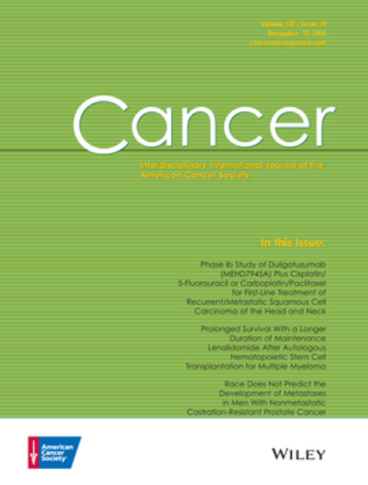Prospective associations between sleep quality and sexual satisfaction in distressed breast cancer survivors: Secondary analysis from the Apps Reaching Cancer Survivors randomized trial
Abstract
Background
One in 20 women globally will be diagnosed with breast cancer in her lifetime and face increased risk for poor sleep quality and sexual functioning after treatment. Limited evidence exists on how these prevalent survivorship concerns influence each other over time. This secondary analysis examined the prospective association between breast cancer survivors' sleep quality and sexual satisfaction.
Methods
Distressed breast cancer survivors (N = 313; mean age, 52 years [range: 27–77 years]; 84% non-Hispanic White) reported sleep quality (Pittsburgh Sleep Quality Index) and sexual satisfaction (Patient Reported Outcomes Measurement Information System Satisfaction With Sex Life Scale) at baseline, 8 weeks, 6 months, and 12 months in a randomized clinical trial of an application-based distress intervention. Parallel-process latent growth modeling was used to test associations between trajectories of these domains, adjusting for age and partner status.
Results
Most survivors (77%) reported clinically significant impairments in both sleep quality and sexual satisfaction at one or more timepoints. Model fit was strong (χ2[29] = 24.47; p = .71; comparative fit index = 1.00; standardized root mean square residual = .025), with no moderation by intervention condition. Both sleep quality (p < .001) and sexual satisfaction (p = .004) improved over time, with greater improvements observed among participants with worse initial scores (p = .01 for both associations). Sleep quality and sexual satisfaction were positively associated at baseline (p < .001), but initial levels in one domain did not predict changes in the other, and their trajectories were not significantly related.
Conclusions
Poor sleep and low sexual satisfaction commonly co-occur among distressed breast cancer survivors and are cross-sectionally related. However, changes in these domains occurred independently over time, highlighting the importance of evaluating both concerns and providing domain-specific survivorship care.





 求助内容:
求助内容: 应助结果提醒方式:
应助结果提醒方式:


